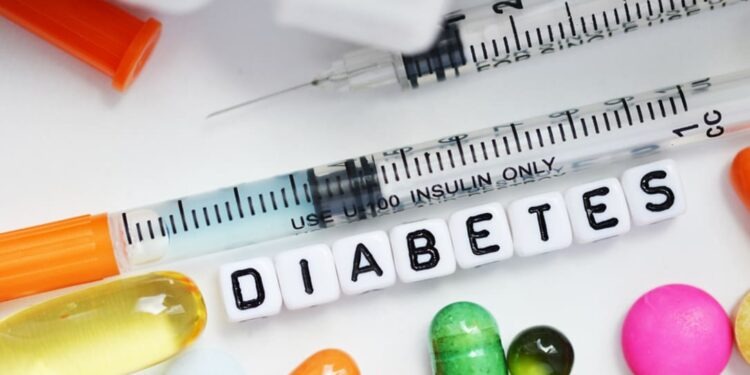The World Health Organization (WHO) says the number of people living with diabetes in Africa will likely rise to 54 million in 2045 unless urgent action is taken to mitigate it. WHO Regional Director for Africa, Dr. Matshidiso Moeti, said this on Thursday, in her message to celebrate World Diabetes Day with the theme” Breaking …

